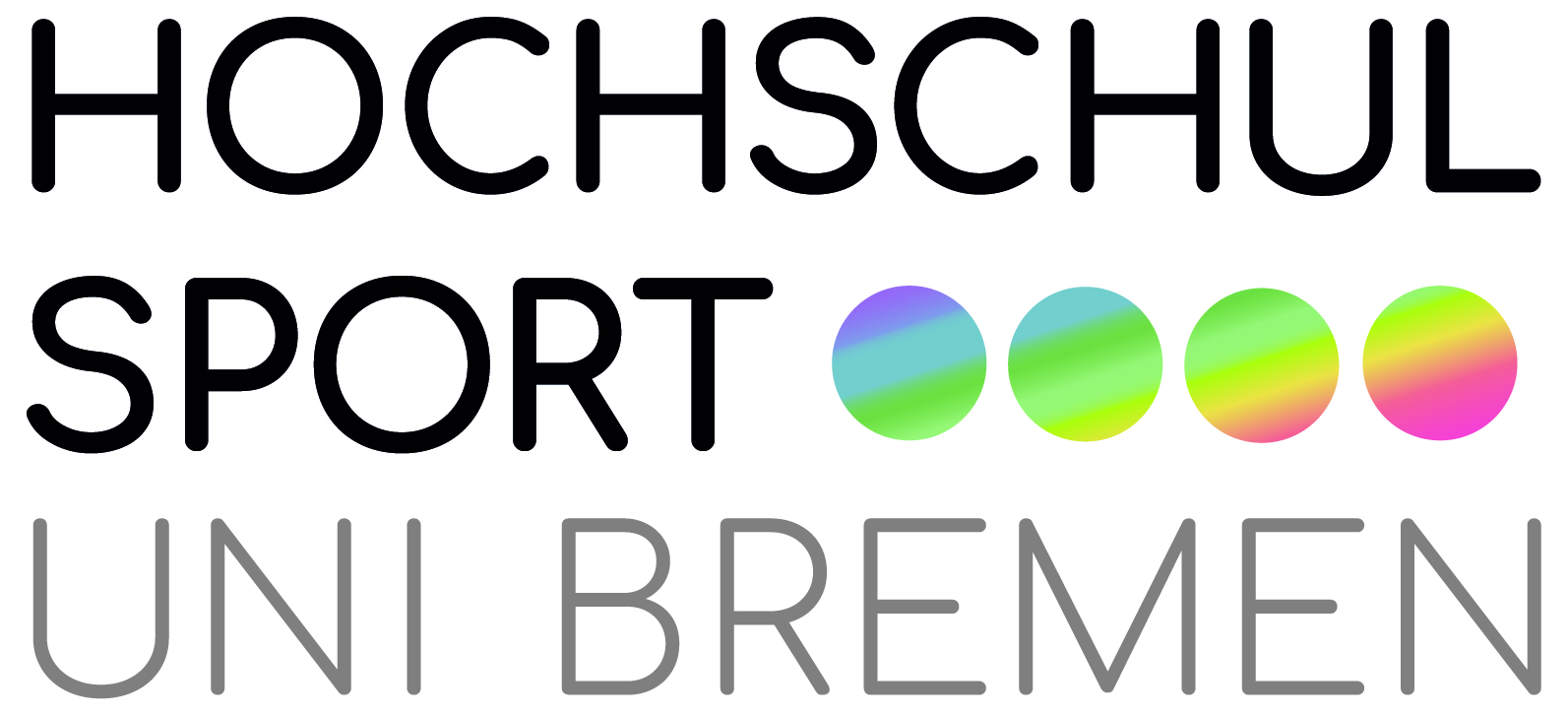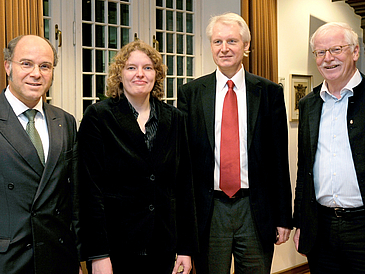The Friends of the University, unifreunde e. V., have presented the Sparkassen Prize 2010 for outstanding research cooperation in Bremen. The prize was awarded this year for the excellence of cooperation between Jacobs University and the University of Bremen in the area of gravitational physics. Dr. Betti Hartmann (School of Engineering and Science, Jacobs University Bremen) and Professor Claus Lämmerzahl (Center for Applied Space Technology and Microgravitation (ZARM), University of Bremen) won the prize among other things for their joint project entitled “Search for cosmic strings as test of string theory“. The Sparkassen Prize 2010, which is sponsored with 10,000 euros, was presented at the general meeting of the unifreunde held on Tuesday 9th November in the Stadtwaage.
About the award winning project: Since the start of the 20th century it has been known that all matter is made up of elementary particles and can thus be described by quantum theory. Around the same time, building on his equivalence principle, Albert Einstein developed the general theory of relativity to explain the gravitational force. The great problem facing theoretical physics in the 21st century is the incompatibility of quantum theory with the general theory of relativity. Consequently, scientists are searching for a new theory ? for a “quantum gravity theory“, capable of uniting the two. String theory provides a possible basis for such a quantum theory of gravity.
Cosmic strings are a general prediction of inflationary cosmological models which result from string theory. Evidence of these cosmic strings would represent a great step forward for string theory. This could be accomplished by observing light rays or stellar orbits in the proximity of cosmic strings. The prize winning project led by Dr. Betti Hartmann und Professor Claus Lämmerzahl explores the systematic theoretical modeling of such light and stellar orbits and predicts characteristic effects.
Besides joint research, the team around Hartmann and Lämmerzahl, as well as the working group led by Professor Jutta Kunz at the University of Oldenburg, also offer joint teaching seminars. In addition to this, an application has been submitted for a DFG Graduate School to concentrate on qualifying young researchers in the field of gravitational physics, which is so important for the science location Bremen. Altogether, this represents an even higher and hence exemplary cooperation within a thematically defined field.


